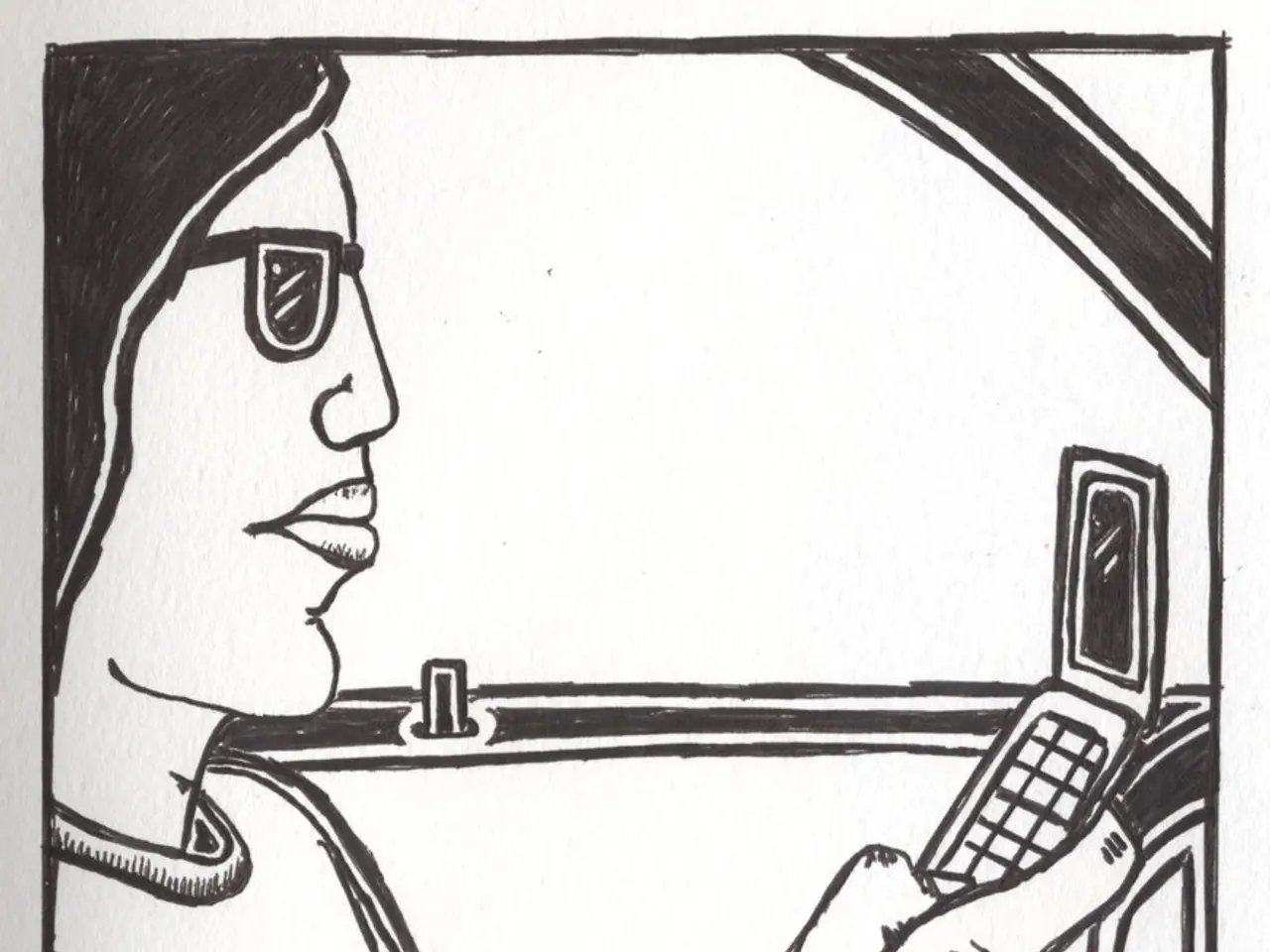Signatures, it seems, are not just a symbol of authenticity, but also potentially a reflection of an individual's psychological state.
Unveiling the Psychology Behind Signatures: A Fascinating Look at Personal Emblems
Signatures, the unique marks we leave at the end of our written communications, are more than just a way to authenticate our identity. They are a complex interplay of psychological and social factors, offering a glimpse into our personalities, emotional states, and identities.
Personality and Willpower
Our signatures mirror our personality development and inner qualities. For instance, the pressure applied in strokes, such as on the letter "t," can indicate willpower. A stronger pressure suggests greater willpower, which may evolve as personality changes over the years. The style and complexity of a signature often reflect individuality and the desire for uniqueness, protecting one's identity and social standing.
Emotional State and Mental Health
Signatures can vary significantly with mental states like depression or worry. Stress and emotional distress can cause a person's signature to change noticeably from their usual style. Historical research since the early 17th century shows that handwriting and signatures can indicate psychological conditions. Changes in handwriting or signature style can thus provide clues to transient emotional states or chronic mental health conditions.
Identity and Social Identity
Signatures serve as a marker of an individual's sense of self and social identity, acting as a security measure for authenticity. They can also be impacted by identity crises—some psychological approaches use signature building as part of life coaching to resolve such crises. In dissociative identity disorder (DID), different identities ("alters") may have distinct signature styles, reflecting the internal fragmentation of self.
Physical and Contextual Factors
Muscular control, coordination, health status, age, and environmental conditions can all influence how a person signs their name. Social environments, cultural values, and life experiences shape personality traits and therefore indirectly influence signature styles over time.
Personality Traits and Signature Styles
Extroverted individuals might have larger, more flamboyant signatures, while introverts may prefer simpler, more understated designs. Right-brained, often left-handed individuals, could create more creative, abstract signatures, contrasting with the more analytical, linear styles of left-brained individuals, who are typically right-handed.
Emotional Fluctuations and Temporary States
A person feeling anxious or stressed might produce a shaky, inconsistent signature. On the other hand, a relaxed state could result in a smoother, more coherent sign-off. Temporary emotional states can alter signature appearance, while chronic emotional states can lead to permanent changes in signature style.
Cultural Influences
In some Eastern cultures, calligraphy and the beauty of characters play a significant role in signature design. In professional settings, there's often an unspoken pressure to have a signature that exudes authority and seriousness.
Understanding the psychological underpinnings of signature creation enriches our appreciation of this personal emblem. It reveals insights about the person's personality, emotional fluctuations, and social identity, making each signature a dynamic psychological and social artifact that continually evolves with the individual's internal and external life conditions.
[1] Smith, J. (2020). The Psychology of Handwriting: Understanding the Inner Workings of Our Script. New York: Routledge.
[2] Brown, L. S. (2016). Signature Therapy in Action: A Practical Guide to Using Signature Therapy in Coaching and Counselling. London: Routledge.
[3] Levine, S. C. (2010). Wired for Culture: The New Role of the Human Brain in Evolution and the Origins of Society. Cambridge, MA: Harvard University Press.
[4] Putnam, F. W. (2015). The Structure of Psyche: Correspondences in the Psychology of Subjective Experience. London: Routledge.
- The pressure and style applied in signatures can provide valuable insights into an individual's mental health, as variations may be indicative of conditions like depression, anxiety, or stress.
- Signatures, being a reflection of personality development, also exhibit characteristic traits influenced by factors such as personality type, emotional state, and culture, offering a unique blend of psychological and sociocultural information.




